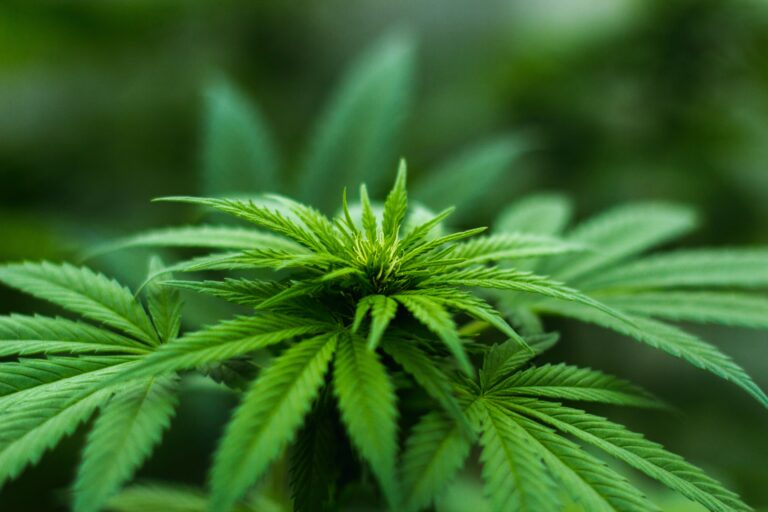What is the legality of cannabis in Tunisia?
Cannabis is illegal in Tunisia for both recreational and medical use. Possession, sale, and cultivation of the plant are all punishable offenses under Tunisian law. Despite its illegal status, cannabis remains a widely consumed substance in the country, especially among young people.
What is the public opinion on cannabis in Tunisia?
Public opinion on cannabis in Tunisia is divided. Some believe that the drug should be decriminalized, while others argue that it should remain illegal due to its potential health risks and the negative impact it can have on society. There is also a growing movement of activists and organizations advocating for the decriminalization and eventual legalization of cannabis, citing its potential economic benefits and the need to reduce the number of people imprisoned for non-violent drug offenses.
The Tunisian Penal Code criminalizes the possession, sale, and cultivation of cannabis. Penalties for possession can range from one to five years in prison, and fines from 1,000 to 3,000 Tunisian dinars (approximately $350 to $1,050). Selling cannabis can result in prison sentences of up to 10 years, and cultivating the plant can lead to a life sentence. Law enforcement in Tunisia is known to take a strict approach to enforcing these laws, with frequent arrests and crackdowns on users and dealers alike.
What is cannabis called in Tunisia?
In Tunisia, cannabis is commonly referred to as zatla or takrouri. These terms are used colloquially to describe both the plant and the various products derived from it, such as hashish.
Is CBD legal in Tunisia?
Cannabidiol (CBD), a non-psychoactive compound found in cannabis, is also illegal in Tunisia. This is because CBD is still derived from the cannabis plant, which is a controlled substance under Tunisian law. As a result, CBD products are not legally available in the country, and those found in possession of them may face similar penalties to those associated with cannabis.
What is the status of medical marijuana in Tunisia?
Medical marijuana is not currently recognized or permitted in Tunisia. Despite the growing global acceptance of cannabis as a legitimate form of medical treatment for various conditions, the Tunisian government has not shown any interest in revising its stance on the issue. Consequently, patients who rely on medical marijuana to manage their symptoms must do so without legal protection or access to regulated products.
What are the cannabis cultivation regulations in Tunisia?
Cultivating cannabis in Tunisia is strictly prohibited and can result in severe penalties, including life imprisonment. This applies to both personal and commercial cultivation, regardless of the intended use of the plant. Those caught cultivating cannabis may also face additional charges related to drug trafficking, which can further increase the severity of their punishment.
The primary legal resource for information on cannabis in Tunisia is the Tunisian Penal Code, which outlines the specific laws and penalties associated with the possession, sale, and cultivation of the drug. The Ministry of Interior and the National Guard are the primary law enforcement agencies responsible for enforcing these laws, often working in conjunction with local police forces. For those seeking support for drug addiction or information on drug prevention and education, the Tunisian Ministry of Health operates a number of programs and initiatives aimed at reducing drug use and its associated harms.
